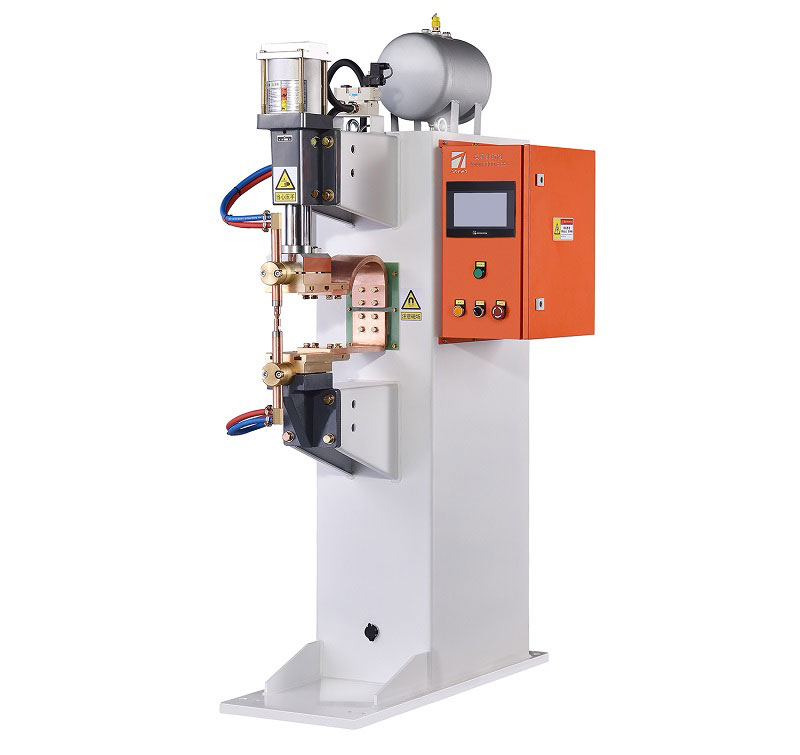Resistance Spot Welding (RSW) is a widely used joining process in various industries, known for its efficiency and reliability. In this article, we will delve into the structural advantages of RSW systems and explore why they are preferred in manufacturing processes.
1. Simplicity and Precision: One of the key structural advantages of RSW systems lies in their simplicity. These systems consist of essential components such as electrodes, a power supply, and a control unit. This simplicity ensures precision in the welding process, making it suitable for both automated production lines and manual operations.
2. Minimal Heat Affected Zone (HAZ): RSW systems are designed to deliver localized heat to the weld area, resulting in a minimal Heat Affected Zone (HAZ). This characteristic is crucial, especially when welding heat-sensitive materials like automotive body panels or electronic components. The reduced HAZ helps maintain material properties and integrity.
3. Speed and Efficiency: The structural design of RSW systems allows for rapid welding cycles. The concentrated application of heat and pressure creates strong, durable welds in a matter of seconds. This speed and efficiency are advantageous in high-volume manufacturing environments, where productivity is a primary concern.
4. Consistency and Reproducibility: The controlled nature of RSW systems ensures consistent weld quality and reproducibility. This is vital in industries where weld integrity directly impacts product safety and performance. RSW’s structural design minimizes the chances of defects or variations in weld quality.
5. Versatility and Adaptability: RSW systems are versatile and adaptable to various materials and thicknesses. Their structural design allows for adjustments in welding parameters to suit specific application requirements. This flexibility makes RSW systems suitable for a wide range of industries, from automotive manufacturing to aerospace.
6. Environmentally Friendly: The structural efficiency of RSW systems contributes to their eco-friendliness. Since the process generates minimal fumes and requires no consumables like filler materials, it reduces environmental impact and operating costs.
In conclusion, the structural advantages of Resistance Spot Welding systems make them a preferred choice in many industries. Their simplicity, precision, minimal HAZ, speed, and versatility contribute to their effectiveness and reliability. Whether it’s for high-volume production or precision welding of sensitive materials, RSW systems stand as a testament to the efficiency of engineering solutions in modern manufacturing.
When considering welding methods for your manufacturing processes, don’t overlook the structural advantages that Resistance Spot Welding systems bring to the table. These systems have a proven track record of delivering strong, consistent, and efficient welds, making them an excellent choice for a wide range of applications.
Post time: Sep-26-2023








